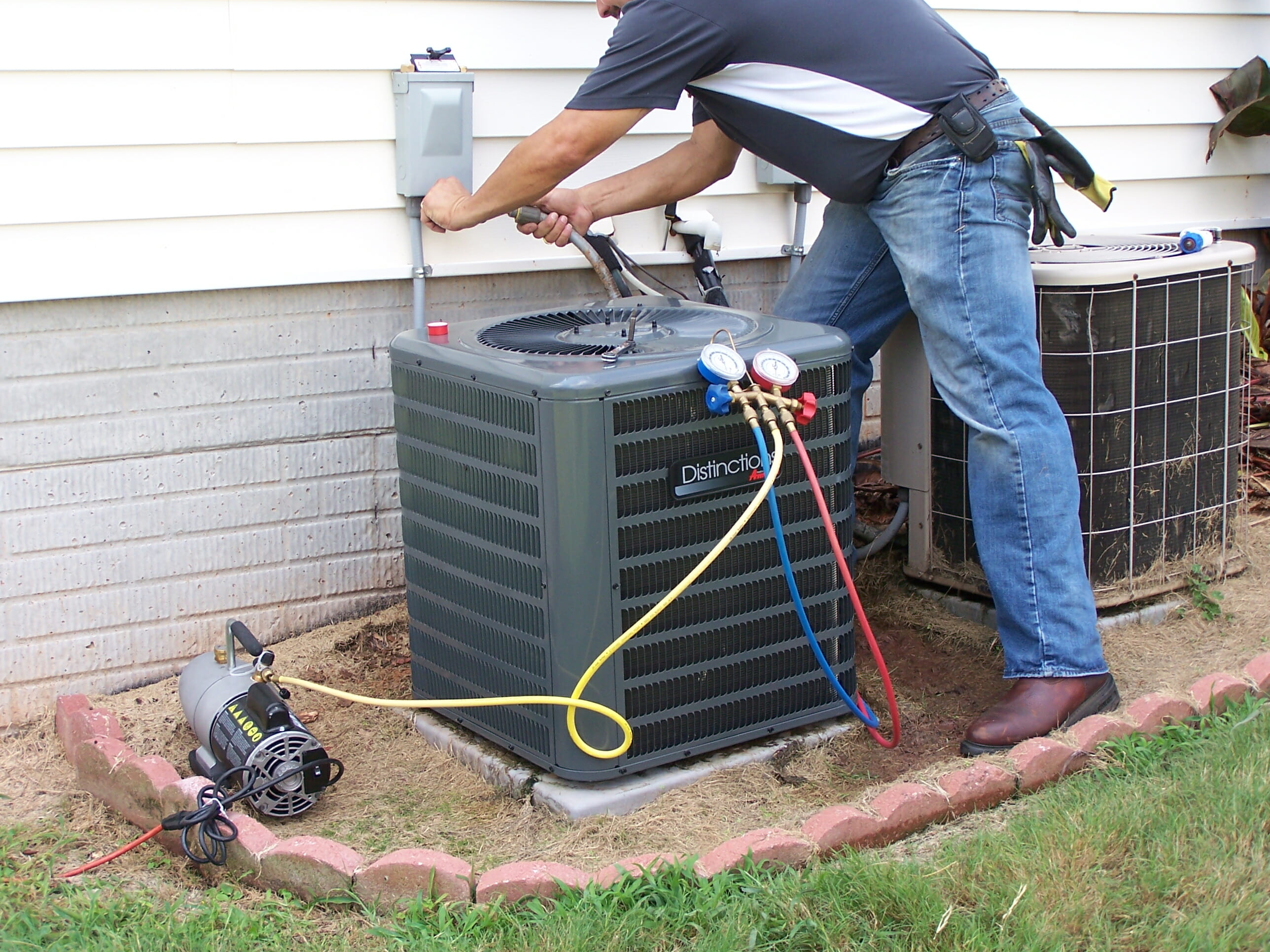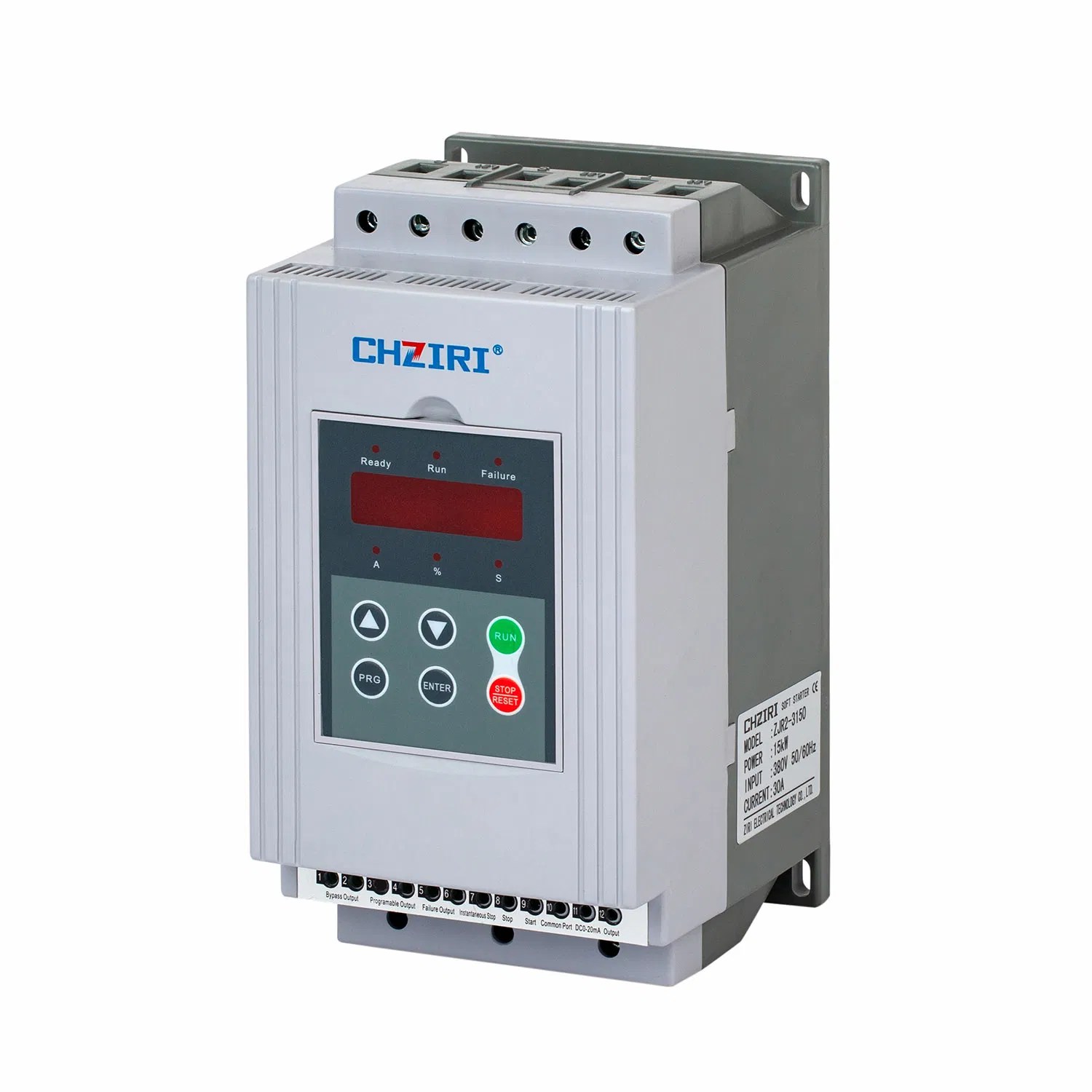Beat the Heat: How Soft Starters Revolutionize Your AC
Ever noticed that sudden jolt when your AC kicks on, dimming the lights for a split second? That's your air conditioner drawing a massive surge of power, putting stress on your electrical system and the AC unit itself. Imagine a smoother, gentler start-up, one that protects your appliances and saves you money in the long run. This is the promise of soft start technology for residential AC units.
Soft starting, also known as soft start technology, is a revolutionary approach to powering up your air conditioner. Instead of the abrupt, high-current surge traditional AC units require, a soft starter gradually ramps up the voltage supplied to the compressor motor. This controlled start minimizes the initial power demand, easing the strain on your home's electrical system and significantly extending the lifespan of your AC unit.
For years, traditional AC units have relied on a basic on/off mechanism, resulting in those jarring starts. But with rising energy costs and increasing awareness of the importance of energy efficiency, homeowners are seeking smarter solutions. Soft start technology provides a compelling answer, offering both economic and environmental benefits. By reducing the initial power surge, soft starters lessen the wear and tear on the compressor, the heart of your AC unit, ultimately prolonging its operational life.
The development of soft starters for residential AC units has mirrored advancements in power electronics. Initially, these devices were bulky and expensive, primarily used in industrial applications. However, as technology progressed, soft starters became smaller, more affordable, and readily adaptable for residential use. This affordability coupled with increased awareness of energy efficiency has driven wider adoption of soft start technology in homes.
One of the primary issues associated with traditional AC start-up is the inrush current, which can be up to eight times the normal operating current. This sudden surge can trip circuit breakers, stress wiring, and contribute to voltage fluctuations within your home. Soft starters effectively address these issues by gradually increasing the voltage, thus limiting the inrush current and protecting your electrical system.
A soft starter functions by using solid-state electronics to control the voltage supplied to the AC compressor motor during start-up. Imagine a dimmer switch for your AC; instead of flipping the lights on full blast, a soft starter gently increases the power until the motor reaches full speed. This controlled voltage ramp-up significantly reduces the inrush current.
Benefits of Soft Start for Residential AC Units:
1. Extended AC Lifespan: The reduced stress on the compressor translates directly to a longer lifespan for your AC unit. By minimizing wear and tear during start-up, soft starters can significantly prolong the life of your investment. For example, a compressor that might have lasted 10 years with traditional starting could potentially last 12-15 years with a soft starter.
2. Lower Energy Bills: While the energy savings might not be dramatic, the reduced inrush current does translate to lower peak power demand, which can lead to lower electricity bills, particularly in areas with time-of-use billing.
3. Reduced Noise: The gentler start-up provided by soft starters results in quieter operation, eliminating the loud clunk associated with traditional AC units. This improved sound profile can be particularly beneficial for homes with window units or units located near bedrooms.
Advantages and Disadvantages of Soft Starters
| Advantages | Disadvantages |
|---|---|
| Reduced stress on AC components | Initial cost of installation |
| Lower energy consumption | Slight increase in complexity of the system |
| Quieter operation | Potential compatibility issues with older AC units |
Frequently Asked Questions:
1. What is a soft starter for an AC unit? - A device that reduces the inrush current during AC start-up.
2. How does a soft starter work? - It gradually increases the voltage supplied to the compressor motor.
3. How much does a soft starter cost? - Prices vary, but they are generally becoming more affordable.
4. Can I install a soft starter myself? - It's best to consult with a qualified HVAC technician.
5. Is a soft starter compatible with all AC units? - Not all units are compatible, so consult with a professional.
6. Will a soft starter void my AC warranty? - It depends on the manufacturer and the specific installation.
7. How long do soft starters last? - They typically have a long lifespan, often exceeding that of the AC unit itself.
8. What are the signs that my AC needs a soft starter? - Frequent circuit breaker trips or loud start-up noises could indicate a potential benefit from a soft starter.
Conclusion:
Soft start technology offers a compelling solution to the challenges of traditional AC start-up. By mitigating the jarring inrush current, soft starters not only extend the life of your AC unit but also contribute to a more energy-efficient and quieter home environment. While there is an initial investment involved, the long-term benefits, including reduced energy bills and prolonged AC lifespan, make soft starters a worthwhile consideration for any homeowner looking to upgrade their cooling system. Investing in a soft starter is investing in the longevity and efficiency of your home’s cooling system. Speak with a qualified HVAC technician today to determine if a soft starter is the right choice for your AC unit and begin enjoying the benefits of smoother, quieter, and more efficient cooling.
Unlocking the music of words what is rhyme in poetry
Stylish living room makeovers that wont break the bank
The timeless allure of bathtub surrounds a guide to upgrading your bathroom














